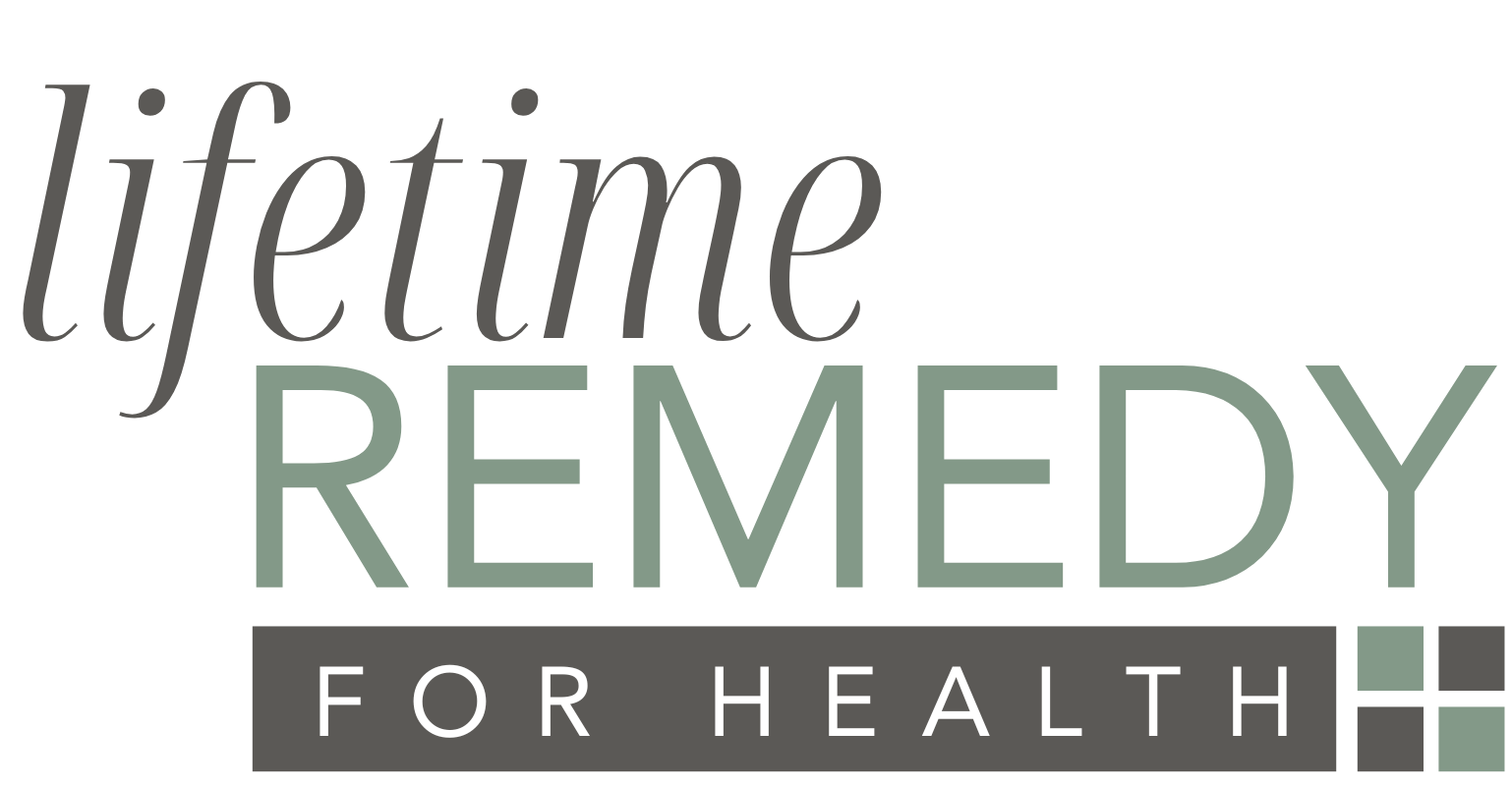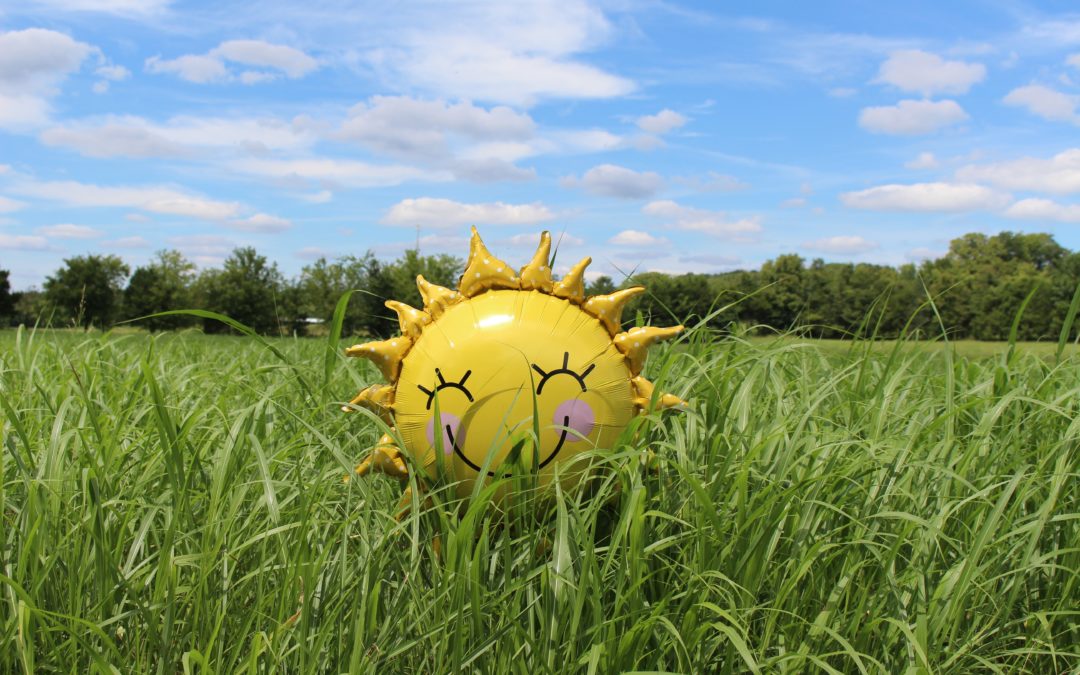The 🌞Sunshine Vitamin
A couple of years ago I found myself feeling more tired than usual; my joints and muscles ached and I just felt downright, blah! It was the middle of January ❄️ and I hadn’t seen the sun in what felt like… weeks. I mentioned this to my practitioner and he suggested that I might be suffering from low Vitamin D. He instructed that I purchase a bottle of Vitamin D, double the dose, and see how I felt.
Surprisingly, two weeks later I felt better. My mood had lifted, my energy had rebounded 😁 and I wasn’t near as achy as I had previously been.
Through the years, I have learned that this hormone-like vitamin slowly absorbs into the bloodstream where it is delivered to the liver, and then to the kidneys, where it is finally converted into the activated form of Vitamin D.
Rising levels of Vit D signals renewed growth, heightened metabolic activity, better immunity, sharpened reproductive instincts, and accelerated tissue repair/regeneration. For millions of years, rising Vitamin D levels have been synonymous with health, healing, and vitality for our bodies.
This is what makes Vitamin D one of the fab 5 vitamins that every person wants to add to their daily regime.
Vitamin D is sometimes called the “sunshine vitamin” because it’s produced in your skin in response to sunlight.
Surprisingly, Vitamin D deficiency is one of the most common nutrient deficiencies in the world. If you have access to strong sun all year, then occasional sun exposure may be enough to fulfill your Vitamin D requirements. However, if you live far north or south of the equator then your Vitamin D levels may fluctuate depending on the season. The levels may go down during the winter months, due to a lack of sufficient sunlight 🌞 (thus, the winter blues!).
If you do not have access to the sun, you are inside more than 8 hours a day, or like me, you cover your skin to protect it from the sun’s rays, then Vitamin D3 supplements are recommended.
It is best to take Vitamin D3 with Vitamin K2 because the K2 carries the D3 to the exact places it needs to be. A recommended daily dosage would be 1000–5000 IU. (I double my dosage during the winter months when I see less sunshine.)
Here are three surprising benefits of Vitamin D:
1️⃣ Vitamin D fights disease 💪🏻
• reducing your risk of multiple sclerosis, according to a 2006 study published in the Journal of the American Medical Association
• decreasing your chance of developing heart disease, per 2008 findings published in CirculationTrusted Source
• helping to reduce your likelihood of developing the flu, according to 2010 research published in the American Journal of Clinical NutritionTrusted Source
2️⃣ Vitamin D reduces depression
• Research has shown that Vitamin D might play an important role in regulating mood and warding off depression. In one study, scientists found that people with depression who received Vitamin D supplements noticed an improvement in their symptoms.
• In another study of people with fibromyalgia, researchers found Vitamin D deficiency was more common in those who were also experiencing anxiety and depression.
3️⃣ Vitamin D boosts weight loss (and which woman doesn’t want that!)
• You may consider adding Vitamin D supplements to your diet if you’re trying to lose weight or prevent heart disease.
• In one study, people taking a daily calcium and Vitamin D supplement were able to lose more weight than subjects taking a placebo supplement. The scientists said the extra calcium and Vitamin D had an appetite-suppressing effect.
Ladies, at the end of the day, Vitamin D is highly important. The winter blues or extra fatigue you are feeling may simply be a need for more Vitamin D. Correcting a deficiency is simple, cheap and can have immense health benefits. Find out more from this short video!
Supplementing to a healthier you,
Kimber Krosschell
Studies Functional Diagnostic Nutrition at the FDN Academy
➡️ You can purchase Vitamin D3/K2 on Amazon.
I recommend the Nordic Naturals or Harmonic Innerprizes for your Vitamin D3 and the Doctors Best brand for your Vitamin K2
**Please note, if you are on blood thinner do not use Vitamin K
Photo by Laura Pratt on Unsplash

